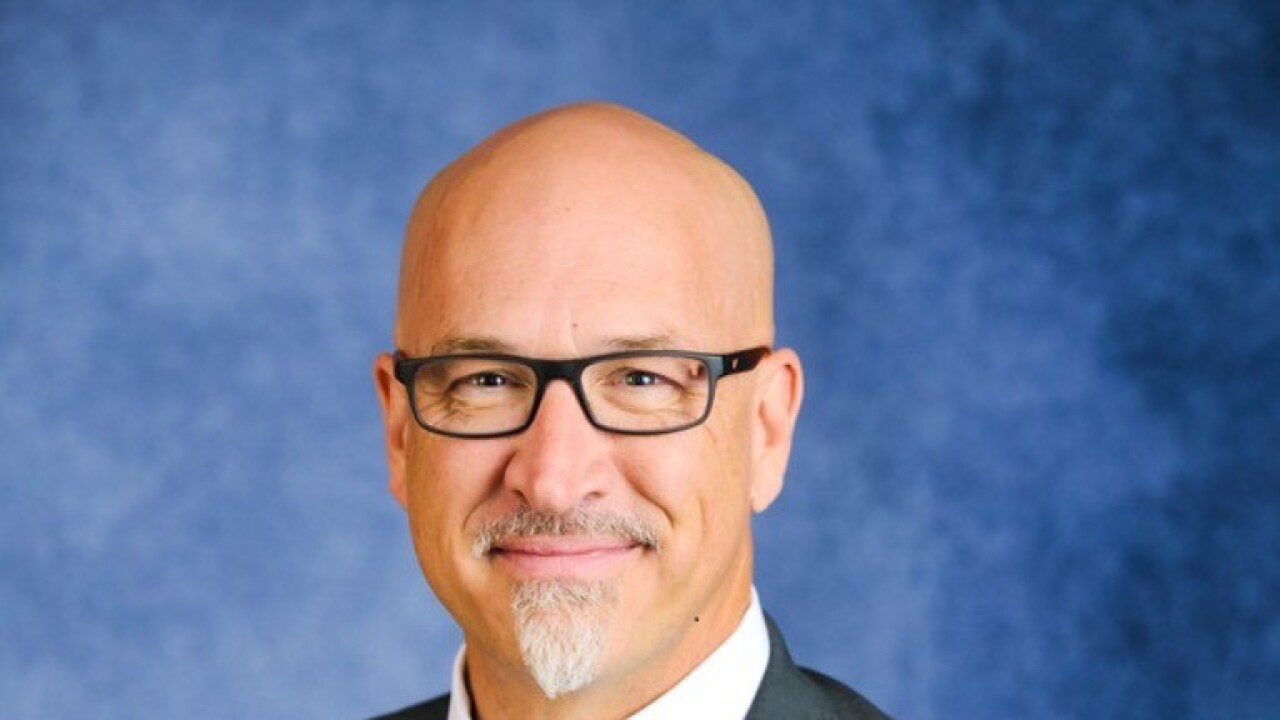No one can escape the tragedy of losing someone they love — and yet, beyond a few days of bereavement leave, employees often receive little help in navigating the
Ron Gura is determined to
Gura is the co-founder and CEO of Empathy, a platform dedicated to supporting
Read more:
"Death is an important, meaningful life event that doesn't skip any of us," says Gura. "Bereavement must be addressed, and leave is not enough. It's a big hole in our benefits portfolios."
Empathy guides users through administrative hurdles like funeral planning, the probate process and property and debt management, all while providing daily check-ins and audio episodes on processing grief. Every employee is given a care manager, who can help users find the right financial and legal resources as well as therapists and support groups.
In just three years, Gura and his team have grown their employee user base to over three million. Through it all, Gura's goal has remained the same: no one should have to face loss alone.
"When the inevitable happens and you lose a loved one, Empathy is the friend you wish you had," says Gura. "The world needs a Headspace for grief that is coupled with a TurboTax for estate administration."
Read more:
This attitude is at odds with the current approach to grief benefits: On average, employees only get three days of bereavement leave when they lose an immediate family member in the U.S. They get just one day for more distant family members — the loss of friends and pets is not usually considered worthy of leave. Gura emphasizes that employers cannot continue to work on a strict definition of loss.
In fact, companies lose $75 billion every year in the U.S. due to grief and its effects on presentism, absenteeism and productivity, according to SHRM. But the challenge for Gura and his team often centers on proving to employers of all sizes that bereavement benefits would truly make a monetary difference. That's why Empathy published its first annual "The Cost of Dying" report this year, which included over 80 pages of data and infographics exploring the financial and emotional costs of death, and the impact on employers.
"Employers know this is the right thing to do, but they need to see the needle moving for them as a business," says Gura. "So we had to go for more scrutiny, more white papers and more case studies. But we came out on the other side stronger and better."
Read more:
Gura is confident data like this is what helped cement Empathy's credibility in such a short amount of time. Gura has watched his team double in size to support a steadily growing user base — a base that Gura hopes to expand by continuing to partner with life insurance carriers to bring Empathy to more Americans. Beneficiaries under said carriers can access Empathy's services for free.
Gura is confident that Empathy can change the benefits space for the better, and more importantly, it can change lives for the better.
"You can see the momentum in this space," says Gura. "We are putting Empathy in the hands of millions who would not get it otherwise."






